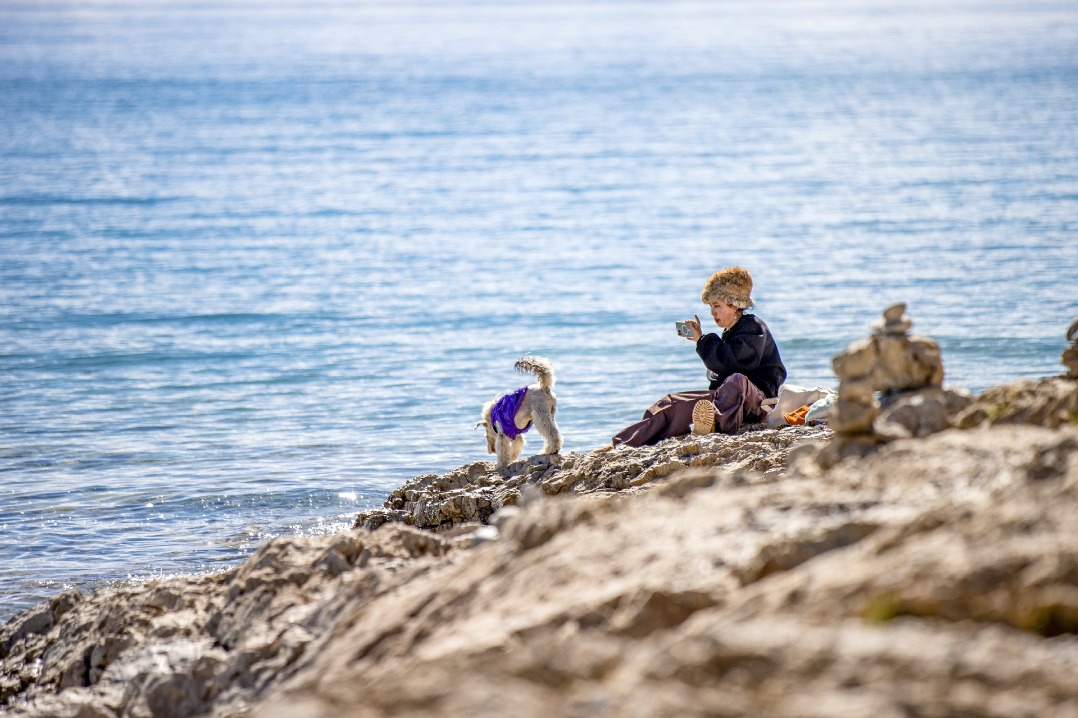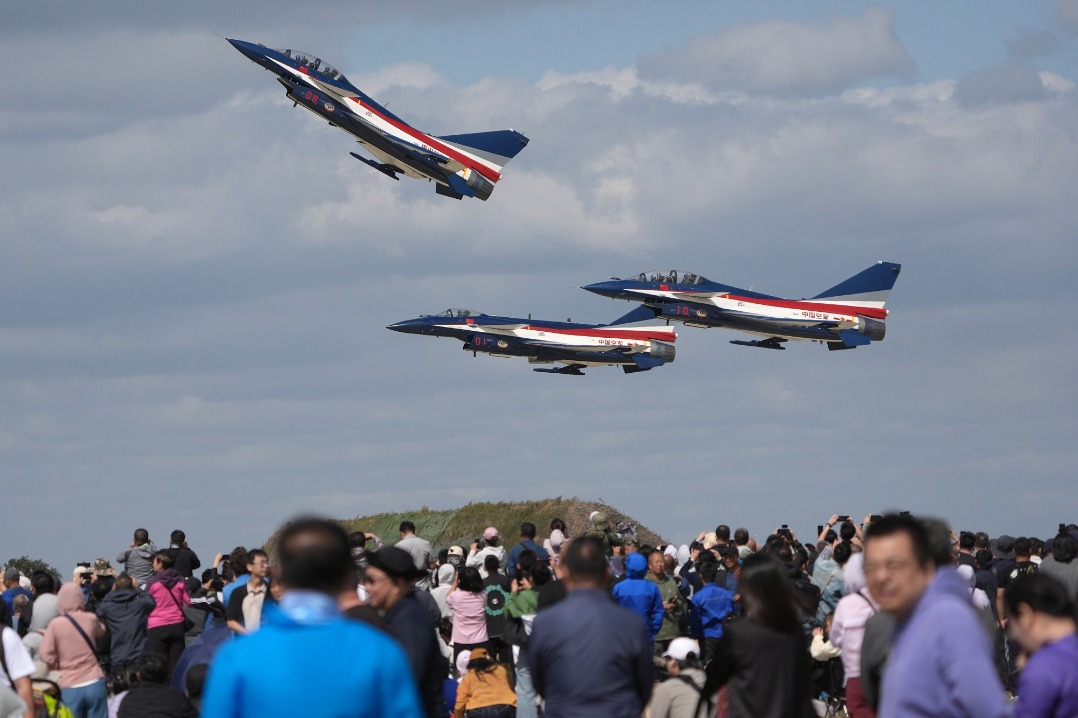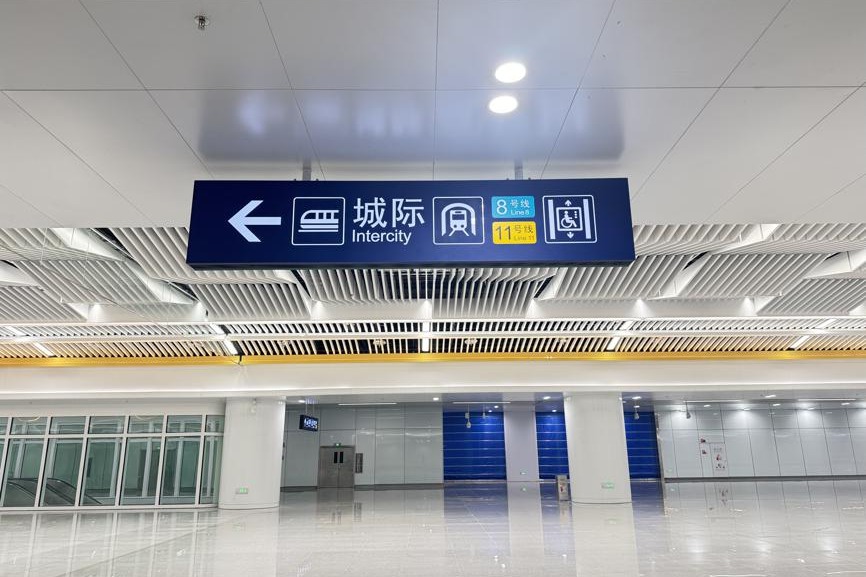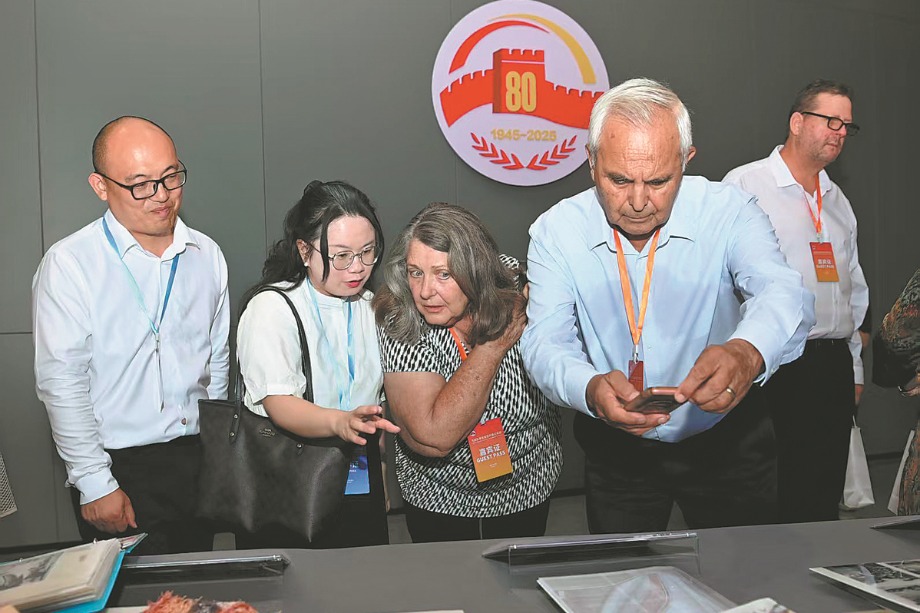Expert looks to robust governance, leadership

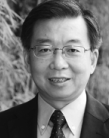
Tackling COVID-19 needs strong governance and leadership, according to an expert.
Gu Qingyang, an associate professor at the Lee Kuan Yew School of Public Policy at the National University of Singapore, described the city state's response to the outbreak as a combination of short-term measures and long-term visions.
"The virus' impact on Singapore and the world is unprecedented. The whole idea of the Singaporean government in dealing with the crisis is to adjust dynamically and keep pace with evolving situations, while also upholding a long-term vision to minimize the damage to people's daily lives and the country's development," Gu said.
This approach can be seen in the use of strong social resources by the government to track down suspected cases.
Gu said: "Details of the people a suspected case may have been in contact with, on a particular day and at a particular time, are made public each day ... The government has also adopted professional criminal investigation teams for contact tracing, and used the citywide surveillance system to obtain information."
Singapore has also maximized medical resources for use by its citizens.
Gu said the island nation boasts nearly 900 grassroots clinics, which can diagnose cases and transfer patients with severe diseases to large hospitals, effectively spreading the burden among such institutions and improving the medical system's efficiency.
When Singapore found that its health resources were becoming strained, the government announced a new policy to stop new overseas visitors arriving in the country for treatment.
"Because people in some countries neighboring Singapore, such as Malaysia and Indonesia, and some Southeast Asian countries, regard Singapore as a high-level medical center, some of them like to seek treatment there," Gu said.
"Amid the outbreak, the government has approved strong measures to guarantee that the healthcare system is prioritized for Singaporeans, and also to avoid further cross-border infections."
In addition to these short-term measures to contain the outbreak, Gu said the government's response reflects its long-term economic and national development plans.
One of the most important considerations for Singapore is that it is a highly open economy dependent on the rest of the world for its survival, development and functioning.
Gu said that as Singapore is an important global financial center and logistics hub, government policy considers not only economic activity but also the country continuing to play its regional and international role, preventing the disruption of supply chains, or a termination of the nation's function as a regional hub due to the lockdown that has been enforced.
"Trust in the government doing whatever is necessary is extremely high in Singapore. In Western countries, people are less willing to abide by what their government orders them to do, and governments themselves are usually reluctant to impose surveillance and policing on their citizens."
Gu said Singapore has gained experience from many incidents in responding to crises, including the outbreak of severe acute respiratory syndrome, or SARS, in 2003. "It also has a long-established system called Total Defense, which is not only concerned with preventing war, but also involves a collective response to a public crisis, including a public health emergency."
All Singaporeans, including the government, businesses and individuals, play a part in whatever way they can to overcome a national challenge, the professor added. Amid the novel coronavirus outbreak, Total Defense has struck a new resonance-while people are cooperating with the government's measures, the administration promises to guard their safety and interests. "It is a virtuous circle," Gu said.
"When a country experiences a major public emergency, it requires centralized scheduling, coordination of resources, and people of one mind. Singaporeans and Chinese have done a good job on this. Citizens have voluntarily given up some of the freedoms they used to enjoy daily, such as the freedom to go out and to choose whether or not to wear a face mask."
Strong governance ability and leadership, coupled with a sense of the collective public good, have played a powerful role in coping with a public crisis, Gu added.
- Tianjin hosts first drone soccer league for youth
- Scenery of Nam Co, China's Xizang
- HKSAR chief executive pledges full support for work of IOMed
- Chongqing-Taiwan Week signs 3.29 billion yuan in projects
- Beijing conference unveils global science park initiative
- Hong Kong universities to admit more non-local students from 2026

















